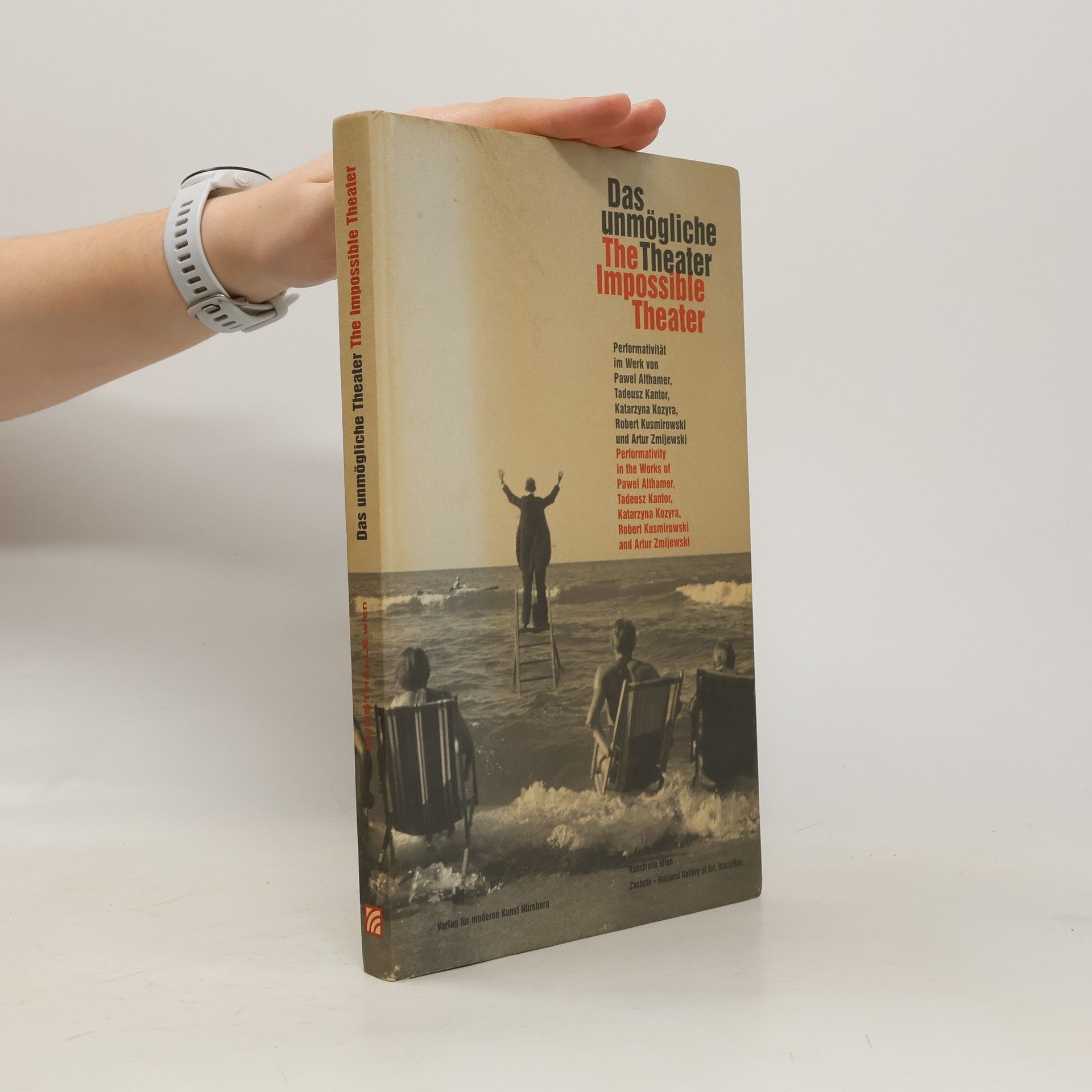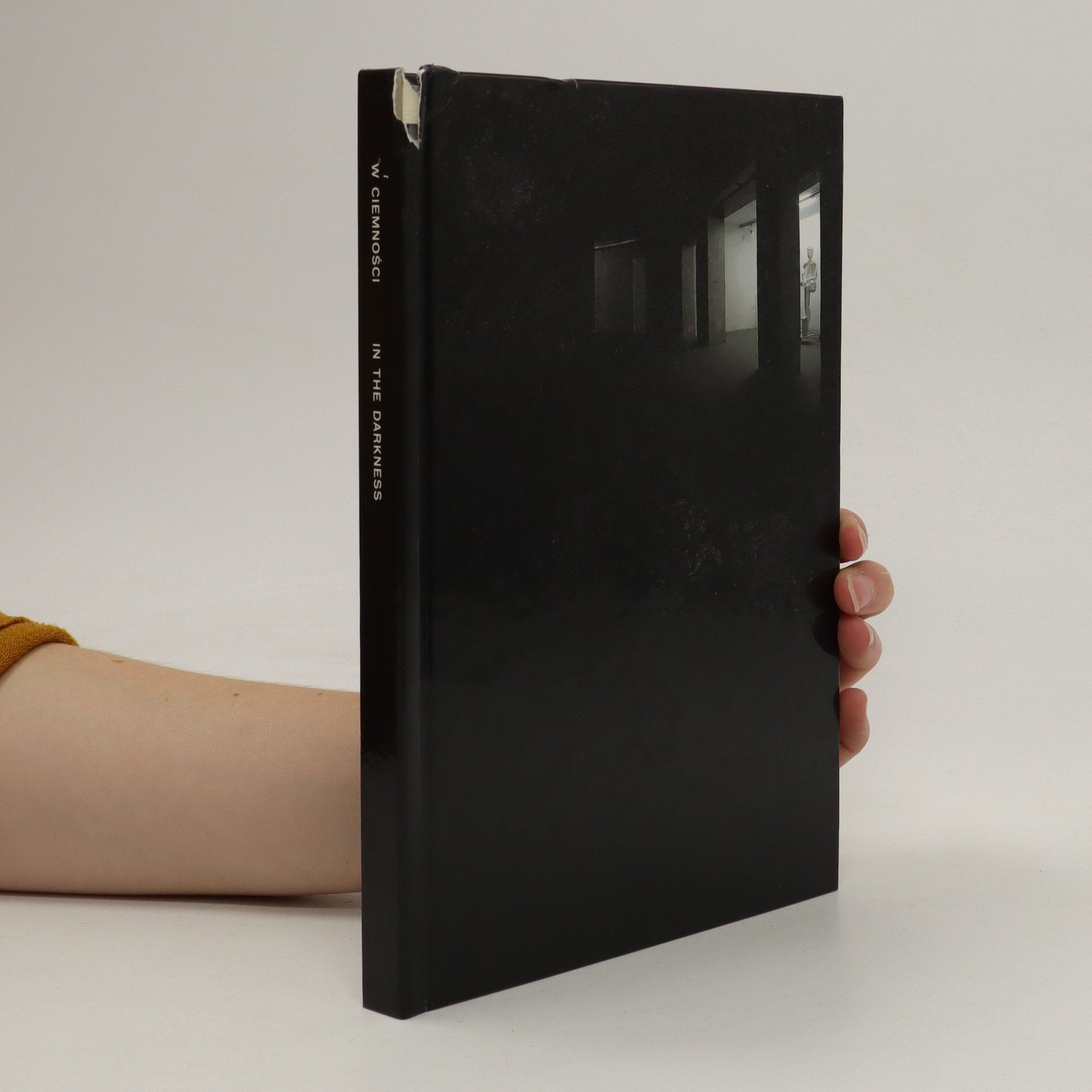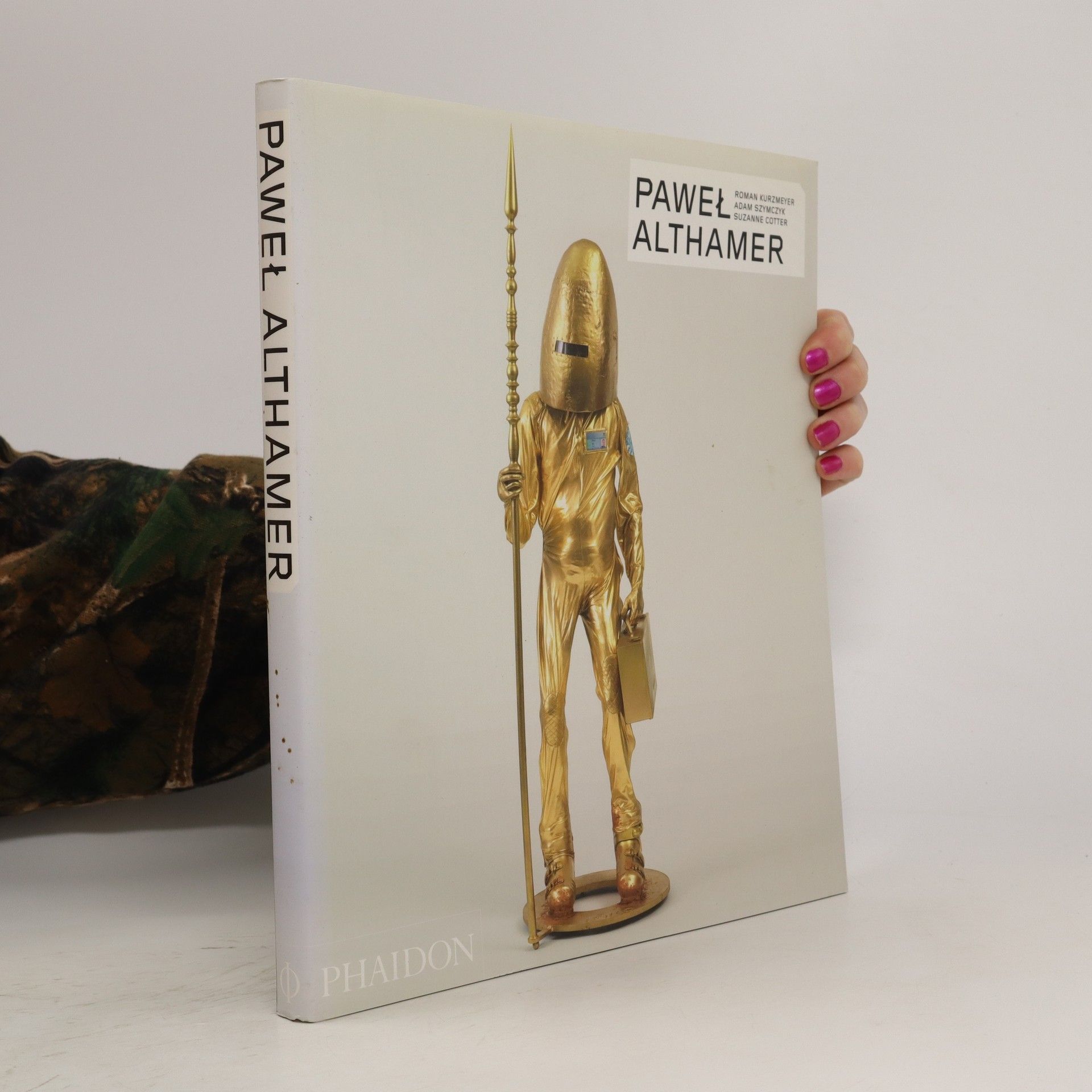Pawel Althamer
- 160pages
- 6 heures de lecture
The surprising and visionary work of an artist who has redefined sculpture's relationship to life.






The surprising and visionary work of an artist who has redefined sculpture's relationship to life.
Performativity in the Works of Pawel Althamer, Tadeusz Kantor, Katarzyna Kozyra, Robert Kusmirowski and Artur Zmijewski
Tadeusz Kantor, who lived from 1915 to1990, was one of Poland's most important he painted, created, directed, mounted happenings and founded a key independent theater in Krakow. Along with his own works on paper, objects, photographs and films, The Impossible Theater brings us his descendents, artists of the younger generation, represented by installations, performances and projects. Like Kantor, they cast themselves in roles that call for mediation in the social world.
Publikacja zawiera reprodukcje kilkudziesięciu kolaży Pawła Althamera i Artura Żmijewskiego, a także wiersze, które stały się inspiracją do ich powstania. Prace zostały zestawione z utworami między innymi Czesława i Oskara Miłoszów, Paula Celana, Stanisława Grochowiaka i Rafała Wojaczka. Całości dopełniają krótkie eseje Adama Mazura i Marii Anny Potockiej, przybliżające kontekst powstania prac.
Publikacja zawiera reprodukcje kilkudziesięciu kolaży Pawła Althamera i Artura Żmijewskiego, a także wiersze, które stały się inspiracją do ich powstania. Prace zostały zestawione z utworami między innymi Czesława i Oskara Miłoszów, Paula Celana, Stanisława Grochowiaka i Rafała Wojaczka. Całości dopełniają krótkie eseje Adama Mazura i Marii Anny Potockiej, przybliżające kontekst powstania prac.
The manuscript is a valuable and useful study of the application of simple carbohydrate-based organophosphorus ligands in asymmetric synthesis. The publication has a universal character and can be successfully used by researchers and practitioners of disciplines related to organic chemistry and asymmetric synthesis. An excerpt from the review